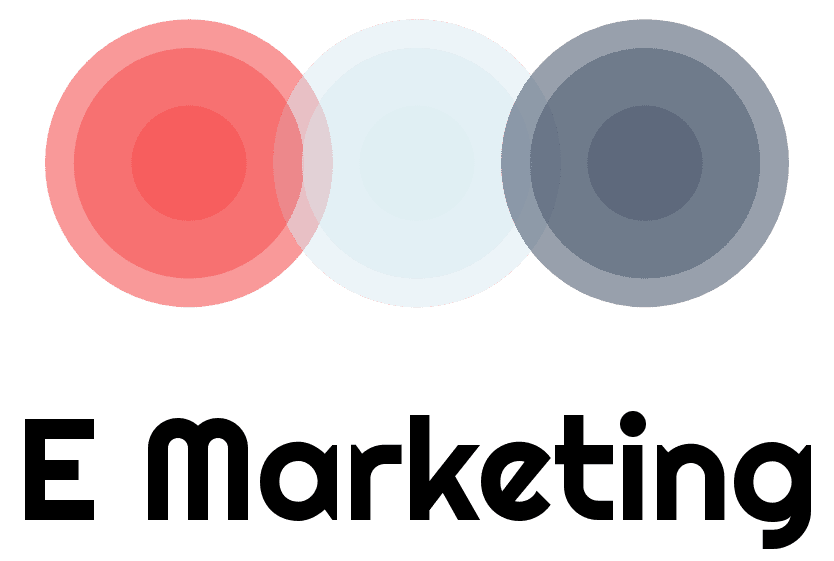In an era where digital prowess is paramount, marketing automation emerges as the alchemist in the world of business and marketing. It’s not just a tool; it’s a transformative force that metamorphoses conventional marketing strategies into dynamic, result-oriented campaigns. This in-depth exploration delves into the nuances of marketing automation, providing a comprehensive guide to harnessing its power for business success.
Unveiling Marketing Automation: Beyond Email Campaigns
Marketing automation is often pigeonholed as a sophisticated email marketing tool, but its capabilities extend far beyond. It’s an integrated platform that automates and streamlines marketing tasks, nurtures customer relationships, and provides actionable insights into customer behavior. From social media management and lead generation to analytics and customer segmentation, marketing automation stands as a multifaceted tool in the digital marketer’s arsenal.
The Genesis of Marketing Automation: A Historical Perspective
The inception of marketing automation can be traced back to the early days of email marketing. With the digital revolution, it evolved into a comprehensive system, integrating various marketing channels to create a unified approach to customer engagement. Today, it’s a cornerstone strategy for businesses aiming to maximize their marketing efficiency and ROI.
Decoding the Mechanics: How Marketing Automation Works
At its core, marketing automation is about optimizing marketing workflows. It involves creating and managing marketing campaigns across multiple channels automatically, based on predetermined triggers and user behaviors. This process involves collecting and analyzing customer data, segmenting audiences, personalizing content, and executing campaigns—all set on autopilot.
Benefits Unleashed: The Power of Marketing Automation
The benefits of marketing automation are manifold. It enhances efficiency by saving time and resources, boosts campaign effectiveness through personalization and targeting, improves lead nurturing and conversion rates, and provides detailed analytics for better decision-making. Essentially, it empowers marketers to do more with less, elevating the overall strategic impact of marketing efforts.
Strategizing with Automation: Crafting a Winning Approach
Implementing marketing automation requires a strategic approach. It begins with defining clear marketing objectives, understanding the customer journey, segmenting the audience, and creating targeted content strategies. The automation tools are then tailored to align with these strategies, ensuring that every automated action has a clear purpose and expected outcome.
Tools and Technologies: Choosing the Right Platform
The market is flooded with marketing automation tools, each offering unique features and capabilities. Selecting the right platform is critical and depends on various factors, including business size, marketing goals, integration needs, and budget. Popular platforms like HubSpot, Marketo, and Salesforce provide comprehensive solutions, but there are also niche tools catering to specific aspects of marketing automation.
Personalization and Customer Experience: The Heart of Automation
At the heart of marketing automation is personalization. Tailoring the marketing experience to individual preferences and behaviors not only enhances customer engagement but also strengthens brand loyalty. Automation tools enable the delivery of personalized content at scale, creating individualized experiences for each customer interaction.
Navigating Challenges: Overcoming Common Pitfalls
While powerful, marketing automation is not without its challenges. These include the risk of over-automation, where excessive reliance on automation leads to impersonal customer experiences. There’s also the complexity of integrating various data sources and ensuring data privacy and security. Overcoming these challenges requires a balanced approach, combining automation with human insight and continuously monitoring and fine-tuning strategies.
Future Trends: The Evolution of Marketing Automation
The future of marketing automation is intertwined with advancements in AI, machine learning, and data analytics. These technologies promise even more sophisticated personalization, predictive analytics, and enhanced customer insights, paving the way for more intuitive and intelligent marketing strategies.
Integrating with the Broader Marketing Strategy
For marketing automation to be effective, it needs to be part of a broader, integrated marketing strategy. This means ensuring that automated campaigns are aligned with overall marketing objectives, brand messaging, and customer engagement strategies. It’s about using automation to complement and enhance traditional marketing efforts, not replace them.
Conclusion: Embracing the Future with Marketing Automation
In conclusion, marketing automation represents a significant leap in the digital marketing landscape. It offers businesses the tools to engage with customers more effectively, streamline marketing operations, and drive better results from marketing campaigns. However, its true power lies in its strategic application—blending technology with creativity and insight.
As businesses continue to navigate the digital age, embracing marketing automation is not just a choice but a necessity for staying competitive and relevant. By harnessing its capabilities, businesses can transform their marketing strategies, creating more engaging, efficient, and impactful campaigns that resonate with their audience and drive business growth.



